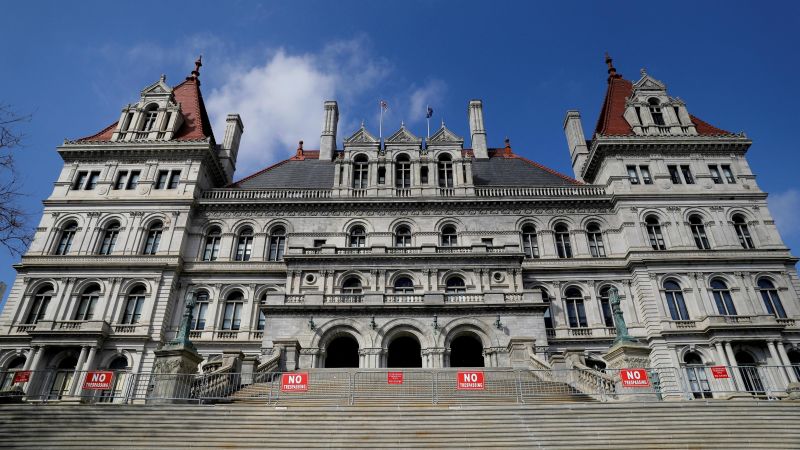Bob Blaylock
Diamond Member
- Banned
- #41
Abortion is one of the most complicated case the court could rule on.
Only to those who refuse to see the plain and obvious truth—that the innocent victim of every abortion is a human being, who has every bit as much right to be allowed to live as every other innocent human being.


